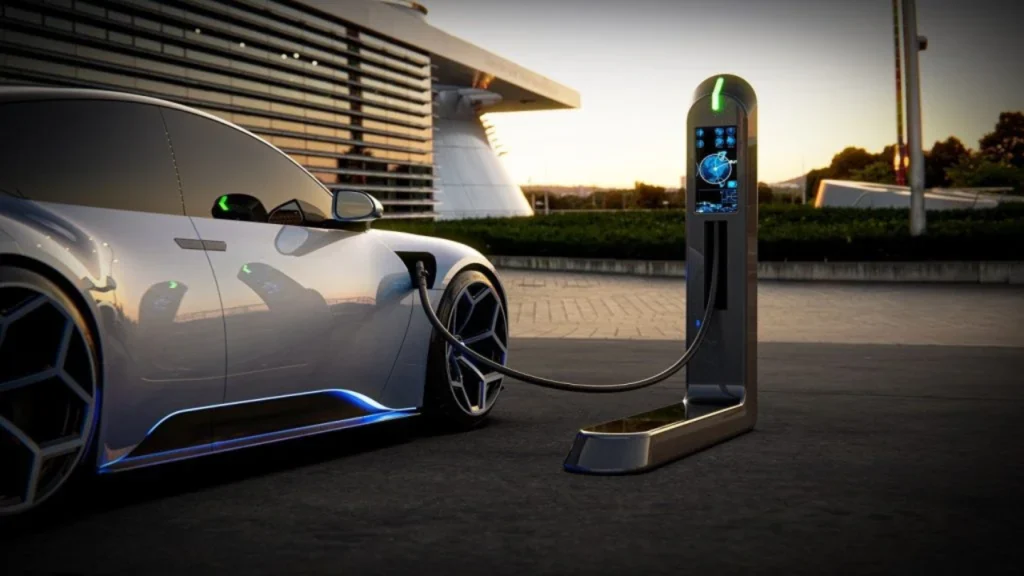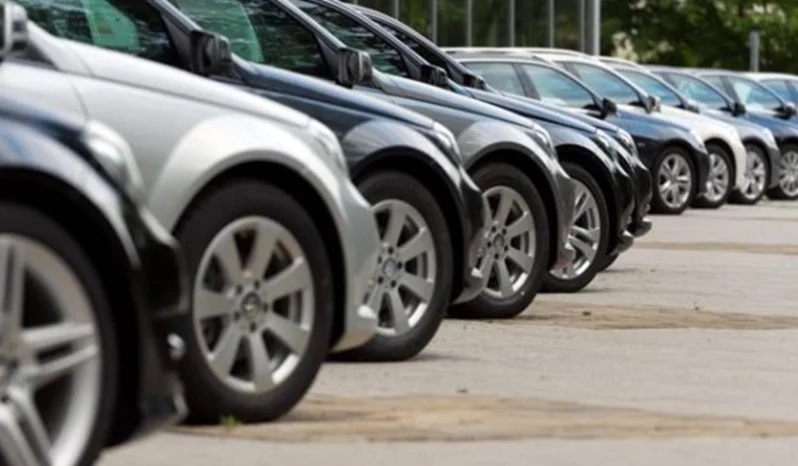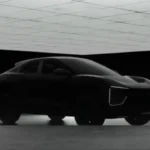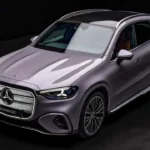Key Highlights
In August, new car sales in the European Union experienced an 18.3% decline, reaching a three-year low. This drop was primarily driven by significant sales decreases in key markets such as Germany, France, and Italy, as well as a decline in electric vehicle (EV) sales.
The data revealed a consistent monthly decrease in EV sales for the fourth consecutive month. As a result, the European Automobile Manufacturers’ Association (ACEA) has called for immediate measures to address this concerning trend and prevent further deterioration.
The automotive industry has expressed the need for “urgent relief measures from EU institutions before the implementation of new CO2 targets for cars and vans in 2025.” In August, sales of fully electric cars dropped by 43.9%, with Germany and France, the largest EV markets in the EU, experiencing declines of 68.8% and 33.1%, respectively, as reported by ACEA.
In the 27-member European bloc, registrations of plug-in electric cars declined by 22.3%. Europe’s top three carmakers, Volkswagen, Stellantis, and Renault, also experienced decreases in sales compared to the previous year, with declines of 14.8%, 29.5%, and 13.9%, respectively.

Volkswagen has indicated that this trend may persist in the near future. Notably, sales for electric vehicle manufacturer Tesla dropped by 43.2% in August, while China’s SAIC Motor saw a decrease of 27.5% in sales.
The decline in electric vehicle (EV) sales can be attributed in part to varying green incentive policies across the EU and the imposition of substantial tariffs by regulators to deter the influx of low-cost Chinese EVs, potentially inflating purchase prices. In an effort to stimulate the market, Germany has approved tax deductions of up to 40% for businesses on their EV sales, effective as of September.
The campaign group Transport & Environment anticipates a resurgence in the market, projecting that battery electric cars will capture a market share of 20% to 24% in the EU by 2025, primarily driven by reduced selling prices. Hybrid electric cars (HEV) have gained notable traction in the EU in recent months, with buyers viewing them as a cost-effective compromise between traditional combustion engine vehicles and fully electric ones. According to ACEA data, HEV sales saw a 6.6% increase in August, reaching a market share of 31.3%.
ELCTRIK Speaks The recent decline in electric vehicle (EV) sales in the EU is concerning, but the increase in sales of hybrid electric cars (HEV) provides a glimmer of hope. The varying green incentive policies across the EU and the imposition of substantial tariffs may have contributed to the decline in EV sales. Still, Germany’s new tax deductions for businesses on EV sales could help stimulate the market. It’s also interesting to see the projections for battery electric cars capturing a significant market share in the EU by 2025.






